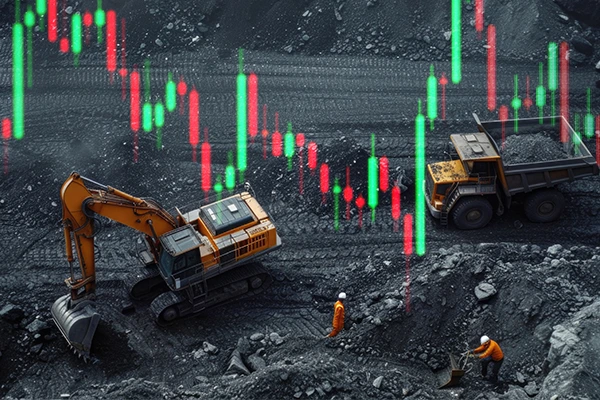Trade truce halts tariffs and export curbs, sparking sell-off across U.S. rare earth sector.
Stocks of U.S.-listed rare earth miners declined on news of a ceasefire between the United States and China, which would halt scheduled tariffs and export restrictions on key minerals. The trade agreement aims to alleviate supply disruptions that have driven the prices of rare earths and other key commodities higher in recent months. Rare earths, crucial for the production of high-tech items such as electric cars, renewable energy parts, and defense equipment, have been a target of the current U.S.-China trade conflict. China dominates over 90% of rare earth production worldwide and has since tightened export controls. This generated supply concerns, particularly in the U.S., which boasts only one active rare earth mine and is hugely dependent on Chinese imports.
The tariff and export halt happens as part of a larger package to reduce tensions between the two world powers. The news triggered massive sell-offs in rare earth miner shares, as investors unwound positions driven by expectations of continued trade disruptions. Critical Metals fell 17.6%, Ramaco Resources declined 6.8%, and NioCorp Developments fell 15.2%. MP Materials, Trilogy Metals, and USA Rare Earth also posted losses ranging from 8.3% to 18%. In spite of these losses, the U.S. is keen on cutting its dependence on China for essential minerals. Washington has entered into agreements with entities such as MP Materials and USA Rare Earth to create local supply chains. But it may take years to build the requisite refining and processing capability to catch up with China's supremacy. The U.S.-China trade ceasefire will be revisited later this week at the Asia-Pacific Economic Cooperation (APEC) summit, with Presidents Donald Trump and Xi Jinping set to talk more about developments. The performance of the rare earth sector will depend mostly on how these high-stakes negotiations go.
.webp)










.webp)































.webp)
